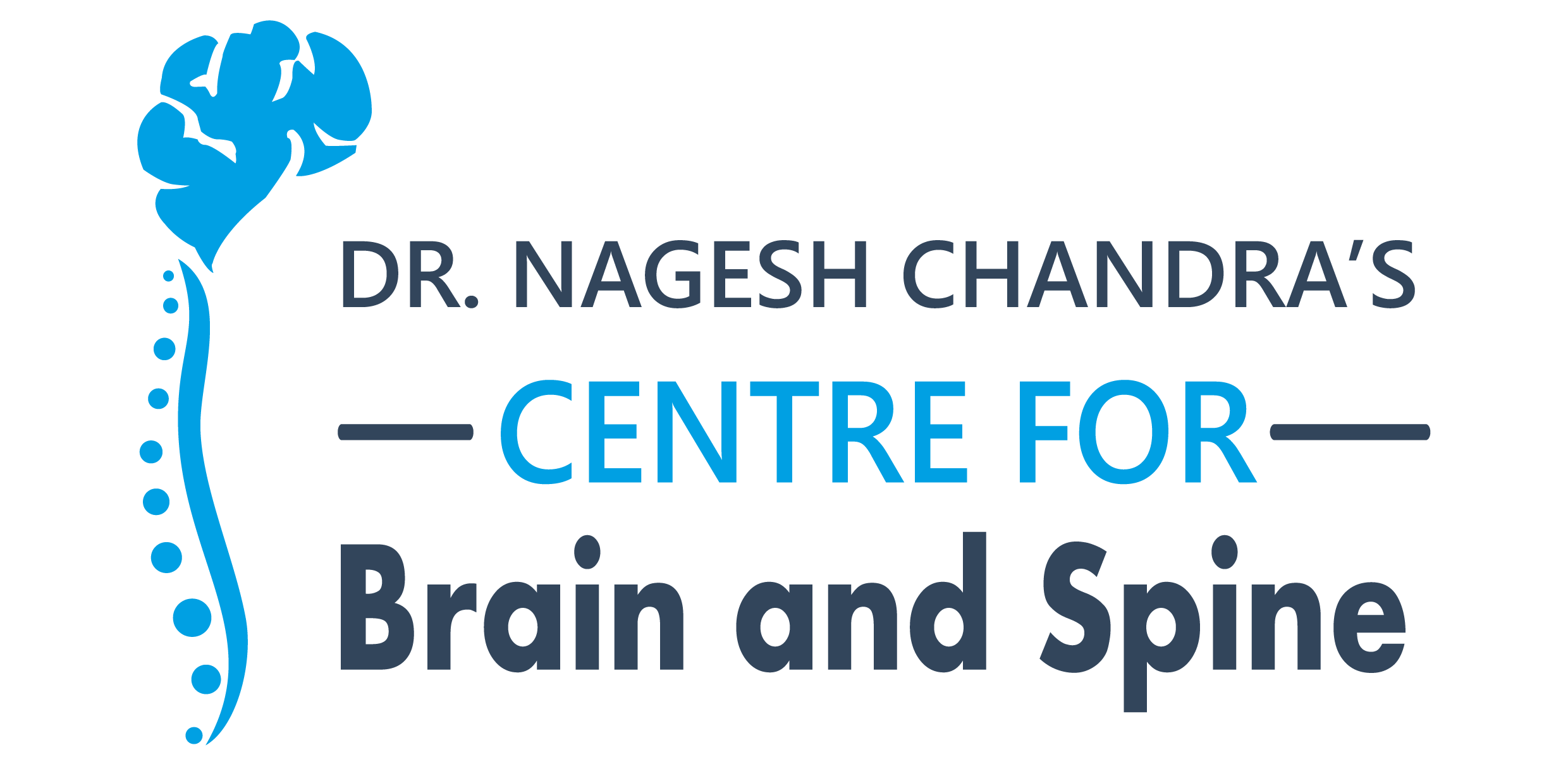Guillain-Barré Syndrome or GBS is a rare but serious neurological disorder that affects the body’s nerves. It often starts with tingling or weakness in the feet or hands. As it progresses the weakness may move up the body and become more severe. In some cases GBS can even cause paralysis. One of the most common questions is: “Is Guillain-Barré Syndrome contagious?” The answer is no. This condition does not spread from person to person like a cold or the flu. But it develops after certain infections. Let’s explore what triggers it, how to recognize it and how to treat it
Is Guillain-Barré Syndrome Contagious?
Guillain-Barré Syndrome is not contagious. You cannot catch it from someone who has it. It is an autoimmune disorder. This means your own immune system starts attacking healthy nerves by mistake. It is usually triggered by a recent infection, like a flu or a stomach bug. But the disorder itself does not pass to others.
While it may follow an infection, like Campylobacter (a type of food poisoning), Zika virus, or influenza, you still cannot “catch” GBS. It is the immune response that causes the problem—not the infection itself.
Common Signs of Guillain-Barré syndrome
Initial symptoms of GBS usually first show up in the feet or legs. Slowly but surely, the weakness can be seen in the upper body too. Some of the most common symptoms, for example:
- Tingling or “pins and needles” in hands or feet
- Muscle weakness, especially in the legs
- Difficulty walking or climbing stairs
- Trouble with facial movements like smiling or chewing
- Pain in the back or legs
- Problems with eye movement or vision
- Difficulty breathing (in severe cases)
If these symptoms develop quickly over a few days, it is important to seek medical help from neurological clinic or neuro hospital.
Stages of Guillain-Barré Syndrome Progression
This condition moves through three distinct stages:
- Initial Stage (1–4 weeks): Symptoms develop and worsen. Weakness spreads, and reflexes may disappear.
- Plateau Stage (up to 4 weeks): Symptoms stay the same without getting worse.
- Recovery Stage (months to years): Nerves slowly begin to heal. Strength and function return gradually.
Most people start recovering within a few weeks. But some may take longer or face lasting effects.
Triggers That Can Lead to Guillain-Barré Syndrome
GBS is linked to several triggers. Though the exact cause is unknown, common risk factors include:
- Respiratory infections like influenza or COVID-19
- Gastrointestinal infections like Campylobacter jejuni
- Vaccinations (very rare cases)
- NeuroSurgery or trauma
- Viral infections like Epstein-Barr or Zika
Even though these are linked to GBS, most people who experience them do not develop the condition.
How Doctors Diagnose Guillain-Barré Syndrome
Doctors use several tests to confirm a diagnosis:
- Lumbar puncture (spinal tap): Checks for extra protein in spinal fluid.
- Electromyography (EMG): Measures nerve signals.
- Nerve conduction studies: Assess how fast signals move through your nerves.
- Blood tests and imaging: Rule out other conditions.
Early diagnosis helps brain doctors begin treatment before symptoms become severe.
GBS Treatment in Delhi
There is no direct cure for Guillain-Barré Syndrome. But treatments can ease symptoms and reduce recovery time. The two main medical treatments are:
- Plasma exchange (plasmapheresis): This removes harmful antibodies from the blood.
- Intravenous immunoglobulin (IVIG): This provides healthy antibodies to block the harmful ones.
Supportive care is just as important. Patients may need:
- Breathing support if the chest muscles are affected
- Physical therapy to regain strength
- Pain management to reduce discomfort
Most patients get better with time and care, but a few may face lasting nerve damage.
Guillain-Barré Syndrome Recovery Time: What to Expect
A person may slowly recover after Guillain-Barr Syndrome. The majority of individuals begin to improve within a couple of weeks of the start of treatment. However, it can take some time before one has fully recovered- up to months, or a year at least, depending on the severity of symptoms.
- Around 80% of people recover most of their functions within a year.
- About 60% can walk again after six months.
- A small number may continue to feel weakness, pain, or fatigue even after years.
Physical therapy helps speed recovery by rebuilding muscle strength. Mental health support also plays a big role, especially if the condition caused stress or trauma.
Guillain-Barré Syndrome Medicines
Doctors don’t prescribe medications to “cure” GBS. But some medicines help manage symptoms and prevent complications:
- Pain relievers: Neuropathic pain is common. Medicines like gabapentin or pregabalin are often used.
- Anticoagulants: These prevent blood clots during long periods of bed rest.
- Immunoglobulins (IVIG): Given to calm the immune response.
- Steroids: Less common today but sometimes used if the patient doesn’t respond to IVIG or plasma exchange.
The medication plan depends on each patient’s symptoms and how fast the condition is progressing.
Guillain-Barré Syndrome Foods to Avoid During Recovery
Though food doesn’t cause or cure Guillain-Barré Syndrome, a proper diet supports the recovery process. Patients may need to avoid:
- Highly processed foods: These can increase inflammation.
- Sugary snacks and drinks: These may worsen nerve pain.
- Caffeinated beverages: Can increase restlessness or anxiety.
- Alcohol: Slows down nerve healing and affects medications.
- High-sodium items: May raise blood pressure if steroids are used.
Instead, patients should eat protein-rich foods, fruits, leafy greens, and foods high in omega-3 fatty acids like walnuts or fish. These promote nerve repair and boost immunity.
Can Guillain-Barré Syndrome Be Prevented?
There is no guaranteed way to prevent Guillain-Barré Syndrome. But you can reduce risk by avoiding known triggers:
- Practice food safety: Campylobacter is linked to GBS. Ensure meats are fully cooked and water is clean.
- Get vaccines safely: Talk to a doctor if you had GBS before. Most vaccines are safe, but exceptions exist.
- Treat infections early: Seek care for flu-like or stomach infections promptly.
- Maintain good hygiene: Washing hands and avoiding contact with sick people can lower infection risks.
Specialist-Led Guillain-Barré Syndrome Treatment in Delhi
Delhi has numerous well-developed neurology centers that deal with such uncommon diseases as GBS. One of these centers of excellence is the Centre of brain and Spine. Expert neurologists and neurosurgeons at this hospital provide care to patients through cutting-edge equipment.
The treatment plan may include:
- ICU-level support for serious breathing issues
- On-site physiotherapy for muscle recovery
- Neurology specialist in Delhi to monitor nerve regeneration
- Regular testing to check progress and prevent relapses
When to Visit a Neurology Hospital in Delhi
You should visit a neurologist or neurology hospital if:
- You feel sudden weakness in your legs or arms
- Numbness spreads quickly over hours or days
- Breathing or swallowing becomes difficult
- You have had a recent infection and start feeling tingling or pain in your limbs
Timely diagnosis makes a big difference. At early stages, treatment has a better chance of reducing long-term damage.
Why a Neurosurgery Hospital in Delhi May Be Involved
In extremely unusual circumstances, GBS can include such issues as nerve root pressures or harm that necessitate surgical support. It is at this point that a neurosurgery hospital comes in- to process or consult when the nerve pathways need an intervention.
In Delhi, hospitals with both neurology and neurosurgery departments provide comprehensive GBS care under one roof.
Guillain-Barré Syndrome is serious, but with early action, it can be managed well. The key is fast diagnosis, correct treatment, and expert care. At the Center for Brain and Spine, patients receive care guided by neurology specialists with access to advanced diagnostics and therapies. Their focus on recovery, pain relief, and long-term strength gives hope to families facing this rare condition.
If you or someone you know is experiencing early symptoms, don’t wait. Book an appointment with the Center for Brain and Spine in Delhi for accurate guidance and complete support.
FAQs on Guillain-Barré Syndrome
No. GBS cannot spread from one person to another.
Most people recover within 6 to 12 months.
Yes. Healthy foods support nerve repair and immunity.
A neurologist or neurophysician usually treats GBS.
Some people may face fatigue, nerve pain, or weakness for years.
Yes, but rarely. Less than 5% of people have a relapse.
Yes, but it is more common in adults, especially men over 50.
Spinal fluid analysis and nerve tests help confirm it early.

